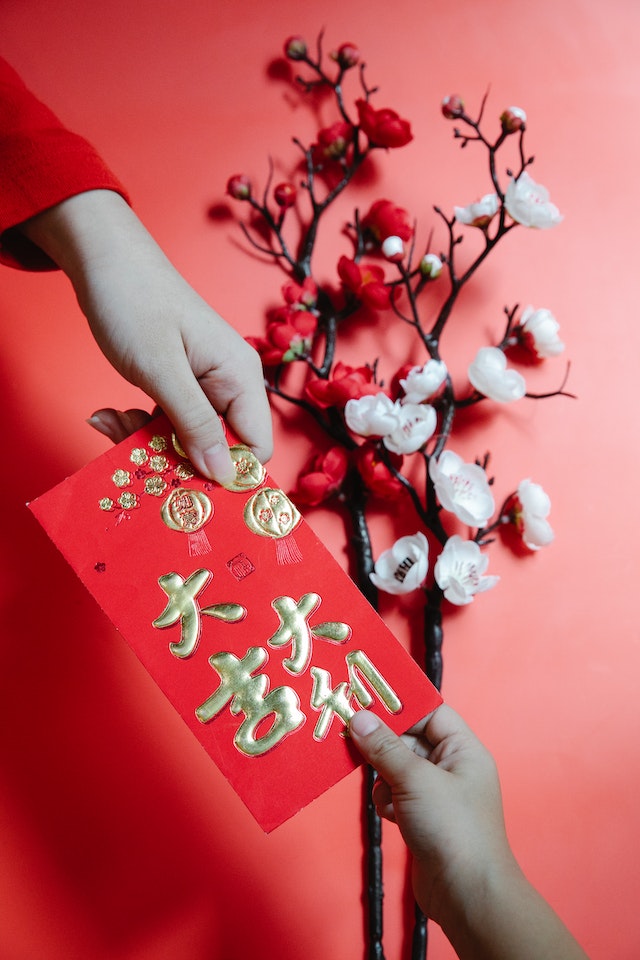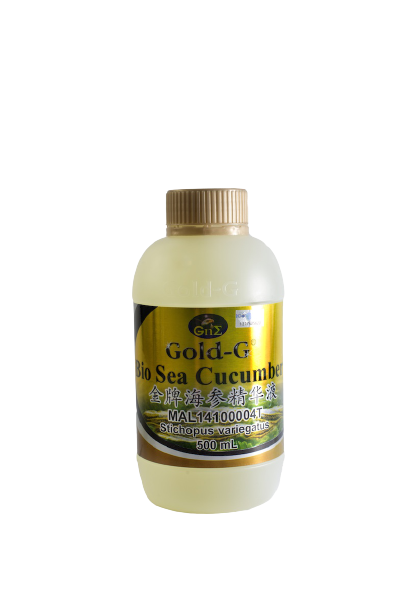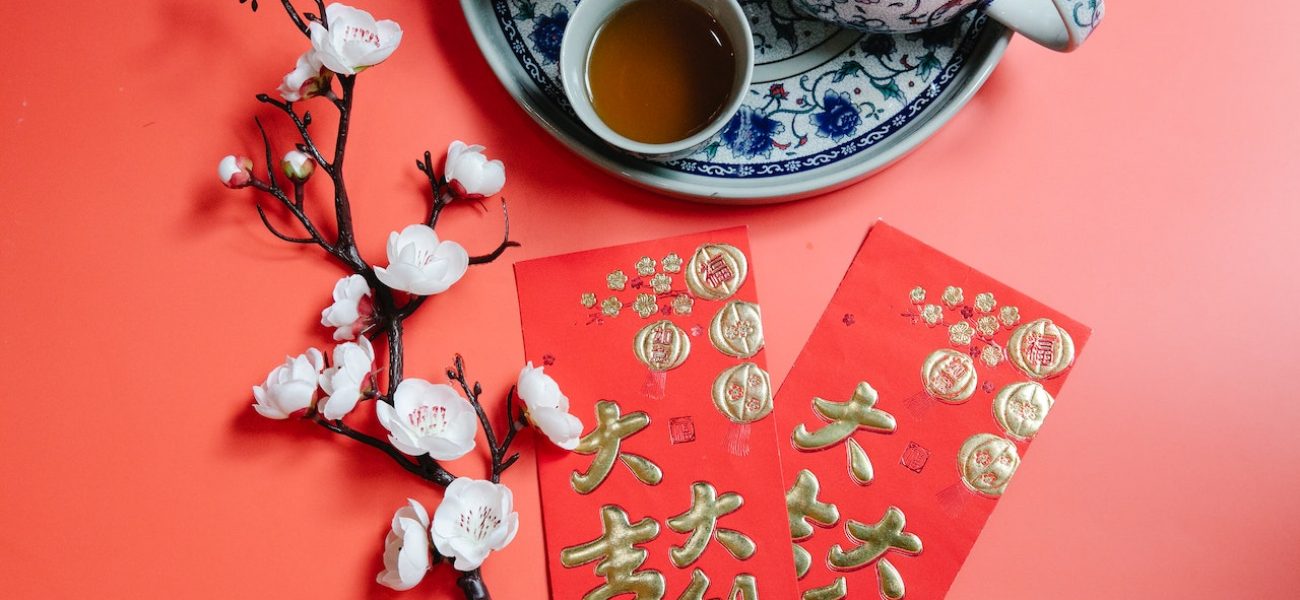Having a reunion dinner is a traditional practice among the Chinese population. During the day before Chinese New Year, which is New Year’s Eve, most Chinese will enjoy a feast or a large meal for the reunion dinner in a restaurant or even cook at home. However, most of the dishes are delicious but at the same time, there are high in fats, cholesterols, salts, or sugar, which might raise the concern for the body’s health. It is unpreventable to have a meal with families and friends during Chinese New Year celebration, and here are some tips for you to practice healthy eating:
#1. Eat more vegetables.
Vegetables contain fiber, vitamins, and minerals, with the lowest fat content of other dishes. Also, it is best to eat vegetables before carbohydrates as this could prevent blood glucose spikes after meals and improve long-term glycemic control. Carbohydrates consumed after vegetables will be digested slowly, and less insulin is required for the metabolic disposal of fiber in vegetables.
#2. Eat more fish than red meat.
Fish is loaded with healthy protein, omega-3 fatty acids, and vitamin D, with lower saturated fats and cholesterol, compared to red meat. Besides higher saturated fats and cholesterol, red meat such as beef, mutton, and pork has been classified in Group 2A Carcinogens by the World Health Organization (WHO), which means the frequent consumption of red meat may possibly cause cancers.
#3. Eat lean meat or skinless poultry over fatty meat.
Lean meat or skinless poultry is healthier since the visible fats and skin have been removed. These fats are high in saturated fat which can raise your blood cholesterol level and increase the risk of cardiovascular diseases.
#4. Watch out for portion size.
No matter how healthy the food you eat, you should limit the serving size of the food you eat because overeating can increase the risk of unhealthy weight gain. You may use a smaller plate when having your meals and stop eating when you are 80% full. Also, you should chew slowly when you are eating. Chewing helps to break down food into smaller pieces before swallowing, prevents choking, and increases feelings of fullness and satisfaction during meals.
#5. Avoid extra sauce.
Some people would like to have a dipping sauce (e.g. chili sauce, ketchup, mayonnaise) when eating steamed dumplings, fishballs, or fried spring rolls. These sauces can improve the taste of the food, but the oil, sugar, and salt from the sauce added extra calories to the food. Just reduce the dipping sauce eat without dipping sauce or try the alternative: fresh minced chilies and minced garlic with a little soy sauce or lime juice.
#6. Drink plain water or tea instead of sweetened beverages.
Plain water is the healthiest choice. If you still want to have some beverages, tea can be a good option. Tea, which includes black tea, green tea, Oolong tea, Chinese tea, herbal tea, fruit tea, and flower tea. There are varieties of tea that can be your choice, but never choose canned or bottled tea beverages with added sugar.
#7. Limit alcohol intake.
Men should not consume alcohol more than 2 drinks per day; women should not consume more than 1 drink per day. The portion size of a drink is 12 oz (341ml) of beer, 5 oz (142ml) of wine, or 1.5 oz (43ml) of 80-proof spirits. (CDC, 2022)
#8. Eat fresh fruit for dessert.
Fresh fruit is rich in fiber, vitamins, minerals, and antioxidants which provide a wide range of benefits to your body. Fruit is a better and healthier choice for dessert, while other desserts such as pudding, fruit jelly, ice cream, etc. should be avoided. If you really like to eat these desserts, make sure you do not eat more than one serving (not larger than your fist size).
Tips to Avoid Weight Gain during Chinese New Year
Besides having a reunion dinner with all the family members and relatives, house visiting is also an important activity that is never skipped during the Chinese New Year.
New year visit is the tradition where the younger family members will visit their older or senior members, wishing them Happy New Year.
While welcoming guests with sweet treats symbolizes sweetening one’s upcoming year. Hence, the most family will prepare some snacks such as cookies, candies, dried fruits, nuts, and sweetened beverages to serve their guests during Chinese New Year. These snacks might be high in sugar and fats, and possibly high in calories, which may cause unhealthy weight gain and increase health risks.

Here are some tips to stay healthy on a New Year visit:
Do not go for house-visiting on empty stomach.
Eating a light meal at home before going out can help to prevent over-snacking. With an empty stomach, the hungry feel will make you want to eat more snacks. The calories of snacks you ate during the New Year’s visit might be higher than the calories of a normal meal you eat.
Do not eat snacks to replace meals.
Snacks such as cookies, candies, and chips are usually high in sugar, salt, and fat contents, with the lowest amount or without nutrients such as fibers, proteins, vitamins, and minerals. Also, over-consumption of snacks can cause weight gain and increase health risks.
Stay hydrated.
Remember to drink more plain water to keep your body hydrated. If you drink more sweetened beverages during the New Year visit, you will need to drink more water than usual because these drinks would not quench your thirst and might cause dehydration.
Stay active.
Sitting for a prolonged period can be harmful to your body, especially when you are sitting in front of the tv with snacks in your hand. Things you can do to stay active during Chinese New Year are spending time stretching and walking around instead of sitting at all times, and when visiting your relatives, park farther to allow walking rather than drop off in front of the house.
Get enough rest.
Sleeping allows your body and mind to relax. Without getting enough sleep, your health might be affected. If you are planning to celebrate New Year until midnight, make sure you have enough rest on the next day. Lack of sleep can weaken your immunity, affect brain health and memory, and increase health risks.
GNE Gold-G® Health Food Series:

Gold-G® Bio Sea Cucumber
Gold-G®️ Bio Sea Cucumber is one of the best natural health food products, which brings many health benefits and nutritional values. It contains 25% Stichopus variegatus extract.
It is a traditional health supplement suitable for people who recover from sickness, injuries, surgery, and people with joint pain as it could accelerate wound healing, strengthen the immune system, maintain joint and bone health!
Precaution: This product contains animal part: Sea Cucumber.
Stop taking Gold-G temporarily when you are experiencing a cough with phlegm, diarrhea and soft stool. Please consult your doctor or healthcare providers if you are taking blood-thinning medication or other medicines before consuming Gold-G Bio Sea Cucumber.

Gold-G® Gold Tualang Honey:
Tualang honey is raw honey harvested from Malaysia’s tropical rainforest. It is 100% pure and natural without undergo any additional treatment, hence it retained natural friendly bacteria, propolis, pollen grains, phytonutrients, phenolic acids, and flavonoids. Besides natural taste and aroma, Tualang honey has higher nutritional value and stronger therapeutic effects than processed honey!
Click the link below for direct purchase.
References:
- Sunway Medical Center, (2018). Healthy Eating During Chinese New Year. Available at: http://sunwaymedical.com/2018/02/14/healthy-eating-during-chinese-new-year/ [Accessed 22/1/2019].
- Seow V.V., (2018). How to Eat All You Want Without Blowing Your Diet over Chinese New Year. Health plus. Available at: https://www.mountelizabeth.com.sg/healthplus/article/how-to-eat-all-you-want-without-blowing-your-diet-over-chinese-new-year [Accessed 22/1/2019].
- Cancer Council, (n.d.). Red Meat, Processed Meat and Cancer. Available at: https://www.cancercouncil.com.au/1in3cancers/lifestyle-choices-and-cancer/red-meat-processed-meat-and-cancer/ [Accessed 23/1/2019].
- Imai S., Fukui M., and Kajiyama S., (2013). Effects of eating vegetables before carbohydrates on glucose excursion in patients with type 2 diabetes. J. Clin. Biochem. Nutr., 54(1), pp 7-11. Available at: https://www.ncbi.nlm.nih.gov/pmc/articles/PMC3882489/ [Accessed 23/1/2019].
- Sanyal S. (2017). 10 Things That Happen To Your Body When You Lose Sleep. Available from: https://www.healthline.com/health/healthy-sleep/what-happens-to-your-body-when-you-lose-sleep#accidentprone [Accessed 23/1/2019].
- CDC, (2022). Dietary Guidelines for Alcohol. Available at: https://www.cdc.gov/alcohol/fact-sheets/moderate-drinking.htm [Accessed 17/1/2023]
This website does not provide medical advice. The content of this website, such as graphics, images, text and all other materials, is provided for reference and educational purposes only. The content is not meant to be complete or exhaustive or to apply to any specific individual’s medical condition. Always seek the advice of your doctor or other qualified health provider regarding a medical condition.




